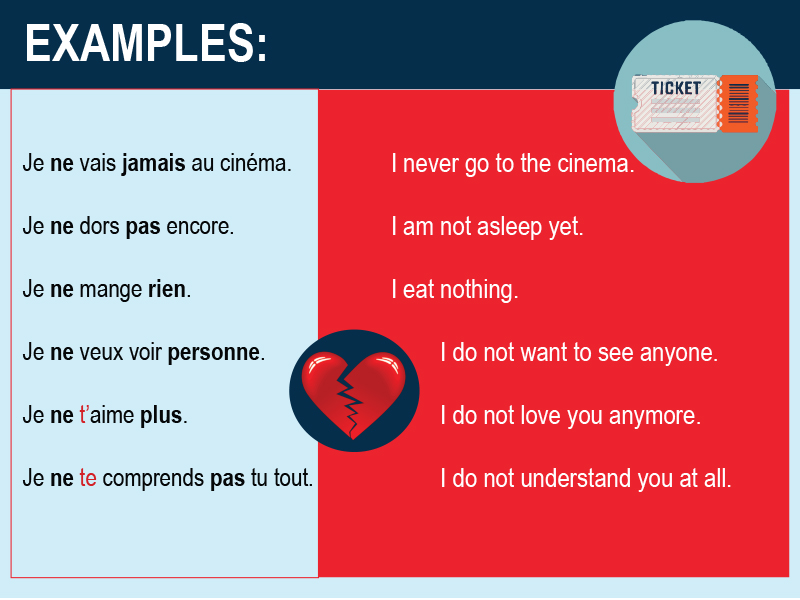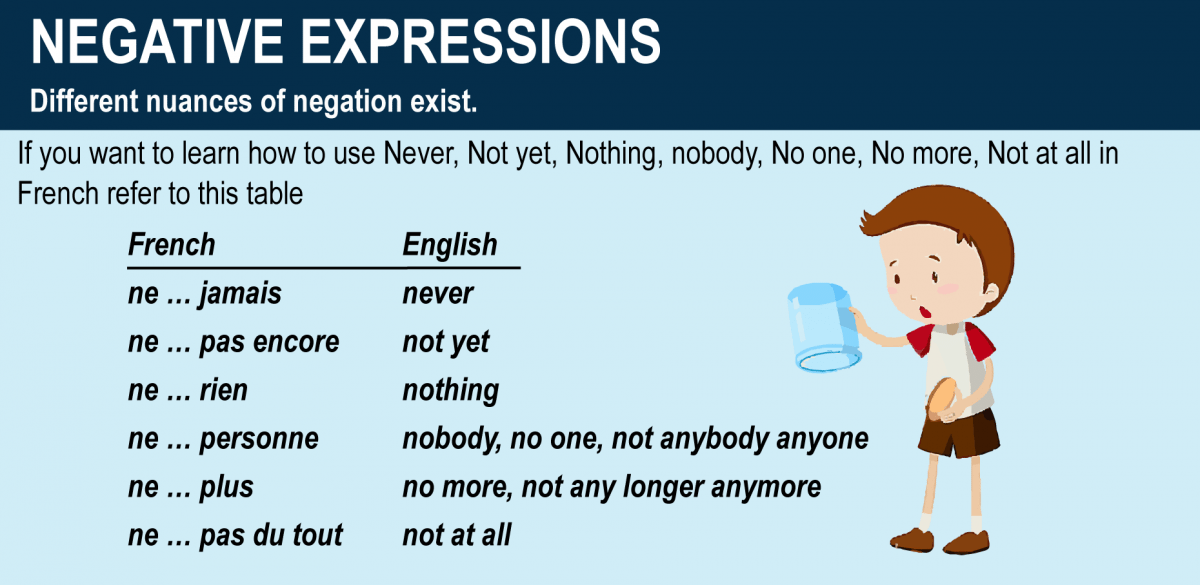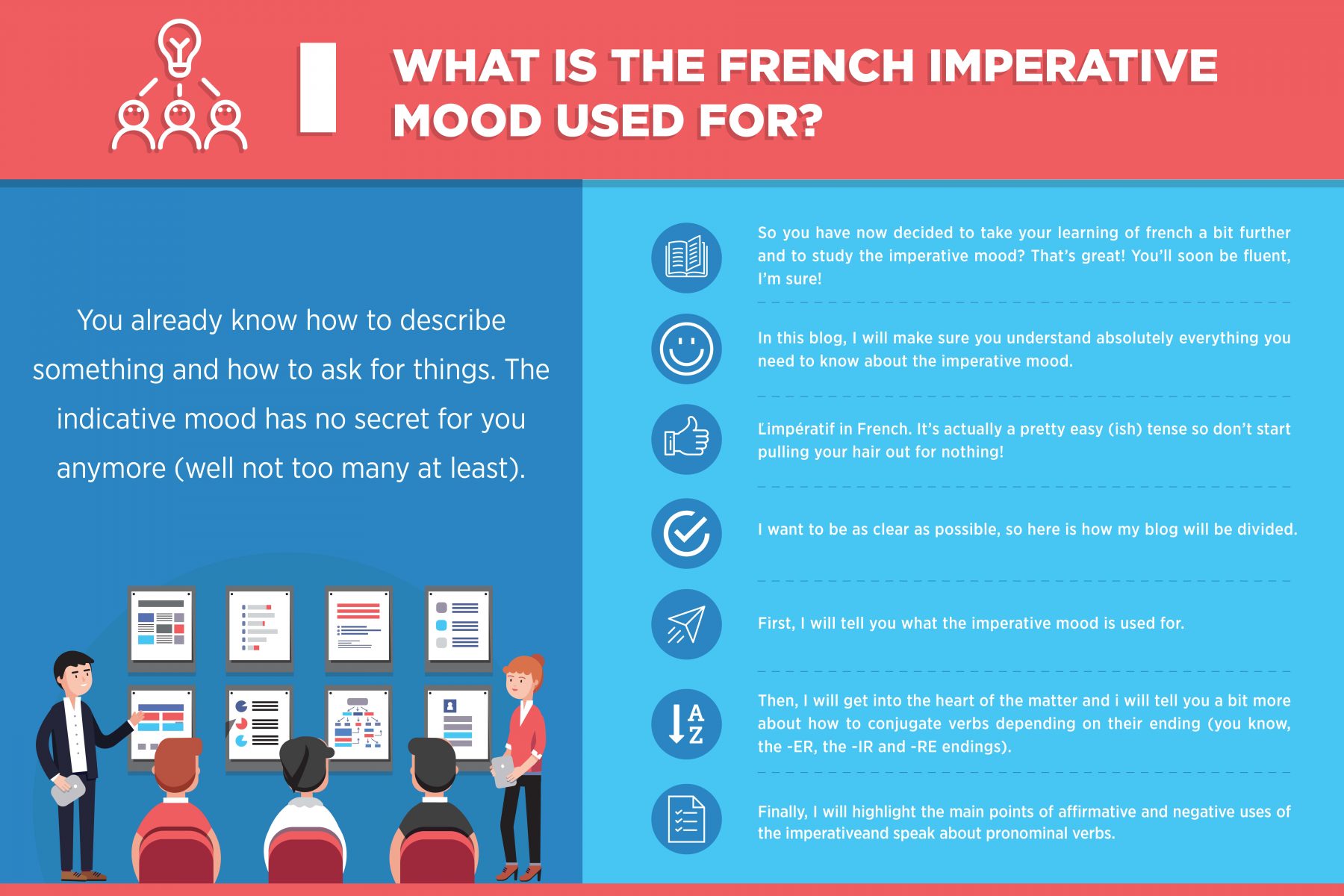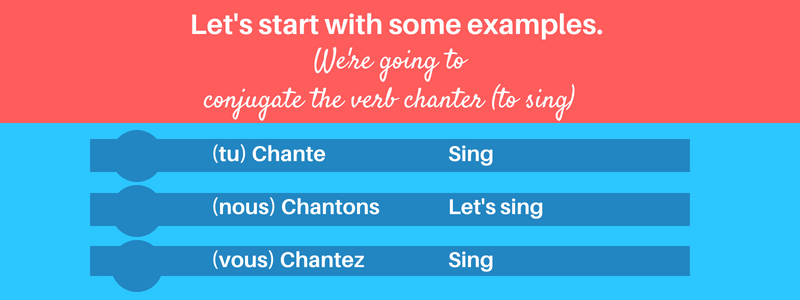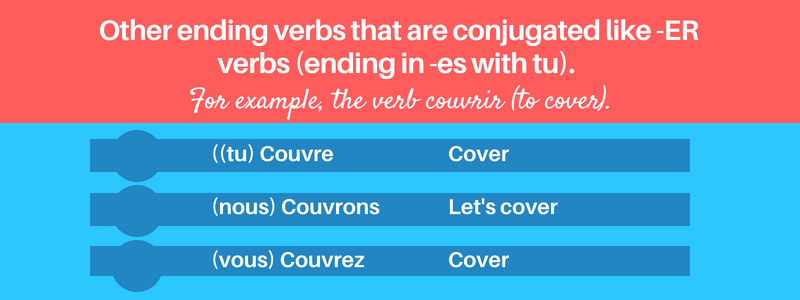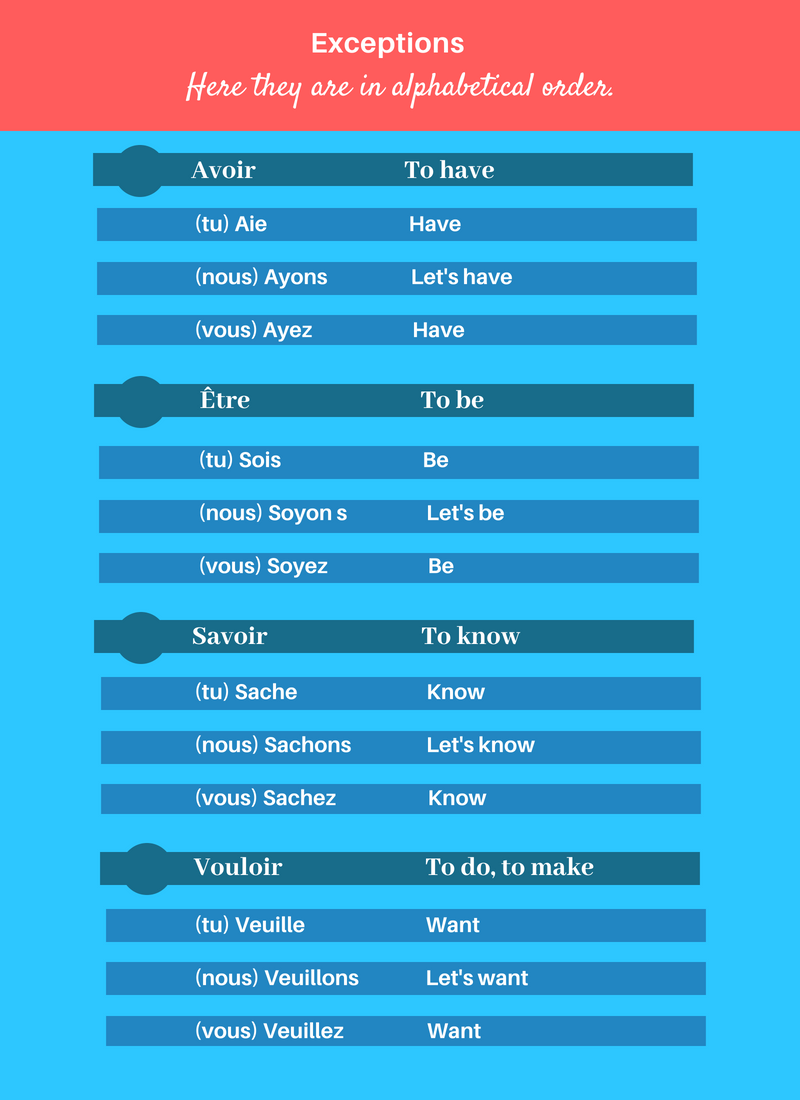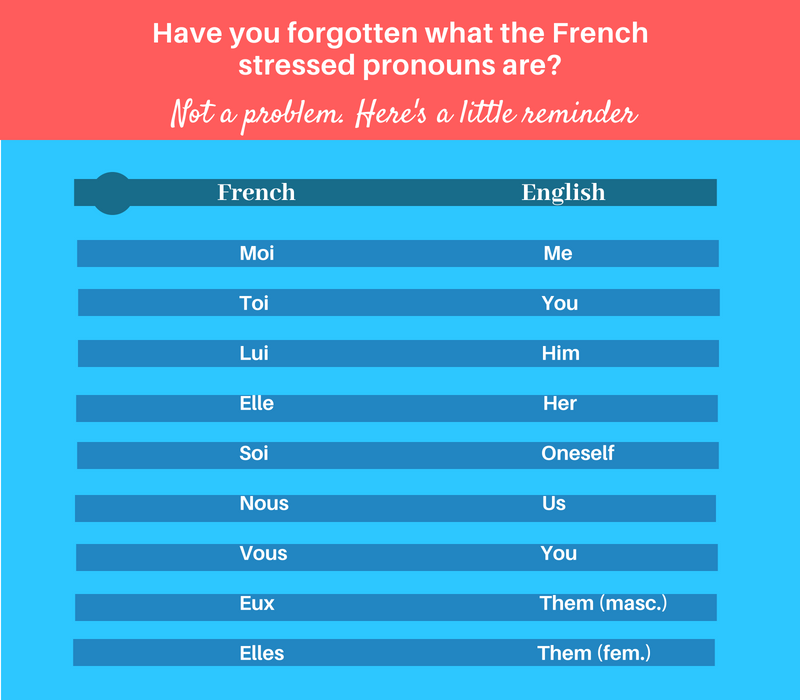Welcome to the first lesson of French Online for Beginners!
This video is perfect for those starting their French learning journey.
We will cover the absolute basics, from greetings like bonjour (hello) and merci (thank you) to introducing yourself in simple phrases.
With clear explanations and easy-to-follow examples, you’ll start building your confidence in speaking French right away.
Get ready to dive into your French adventure with this beginner-friendly lesson!









